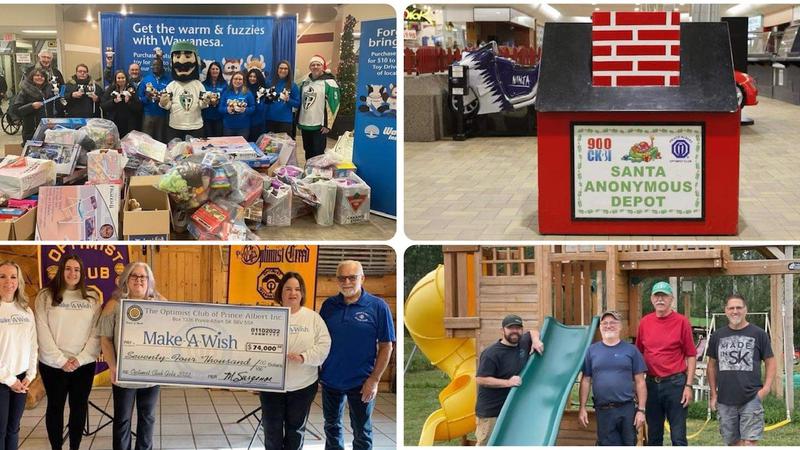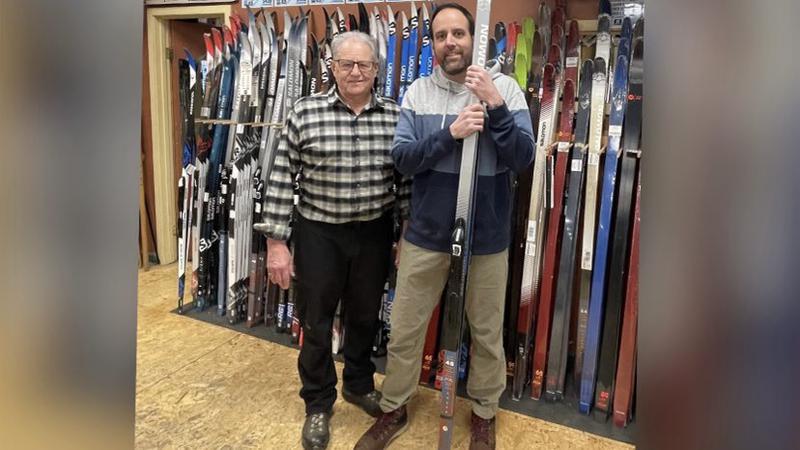‘She went through hell’: Child of Holocaust survivor reflects on Auschwitz anniversary
The mother of a Saskatoon woman is sharing her survival story to mark the 70th anniversary of the liberation of Auschwitz by Soviet soldiers.
Dagmar Lieblova is alive today by an unbelievable stroke of luck. While in the Auschwitz death camp with her family, Lieblova’s date of birth was incorrectly marked as 1925 instead of 1929 which made her old enough to be added to a list of people transferred to a work camp.
Shortly after she reluctantly left the camp, her entire family was killed in a gas chamber, including her little sister Rita whom Lieblova named her first daughter after.
On Tuesday, Lieblova is telling her story to the European Commission.


